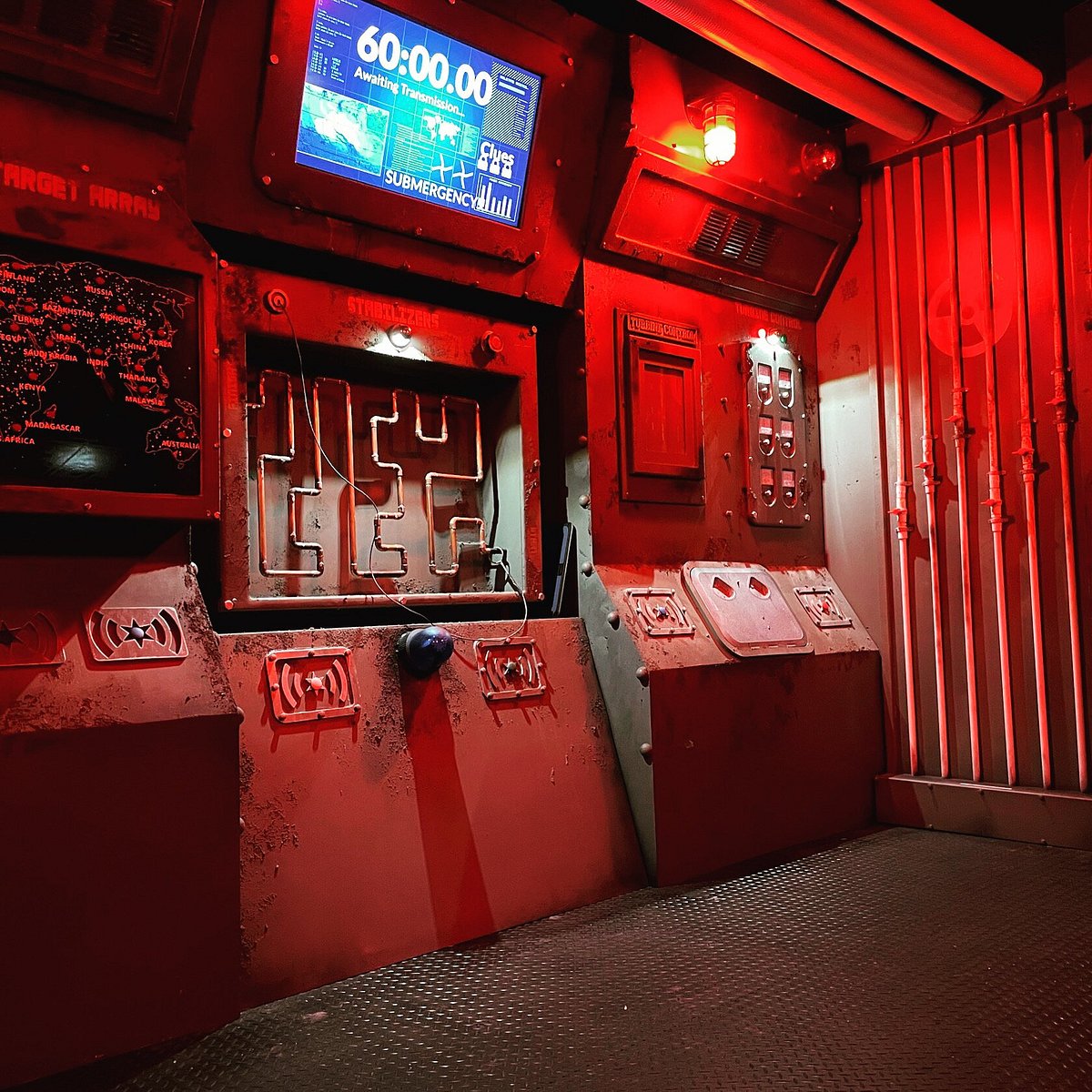Group Approaches: Just How to Team up Successfully in a Retreat Area
Browsing the intricacies of a retreat area demands even more than plain excitement; it needs a well-coordinated technique grounded in clear communication, tactical role assignments, and adept time management. Groups have to proactively listen to each member's understandings, appoint functions that line up with individual strengths, and keep normal check-ins to make certain emphasis and stop redundancy. By promoting an atmosphere that values cohesion and adaptability, groups can dramatically increase their efficiency and success rates. The subtleties of these methods can transform the experience, yet just how specifically can they be carried out to maximize the possibility for success?
Establish Clear Interaction

To assist in clear communication, it is necessary to designate a main factor of contact for details circulation. This role entails summing up findings and recommended methods to guarantee everyone stays on the exact same web page. Furthermore, adopting an organized technique to discussions can protect against disorderly exchanges. Quick, focused updates from each group member can maintain the group educated without overwhelming them with information - best escape room.

Assign Duties Purposefully
While clear interaction establishes the foundation for efficient teamwork, appointing functions strategically makes certain that each group participant's strengths are made use of successfully. In a getaway space circumstance, the time-sensitive and complicated nature of difficulties necessitates an efficient technique to task delegation. By recognizing and leveraging private expertises, teams can maximize their analytical capabilities and improve general efficiency.
First, examine the unique abilities and characteristics of each individual. Someone with a keen eye for information might stand out in locating hidden items, while a sensible thinker could be much better matched to resolving challenges. It's just as essential to have a leader that can look after progress, handle the timeline, and make crucial calls when needed. This duty typically calls for solid organizational and interpersonal abilities.
2nd, make certain that roles are flexible and adaptable. As new difficulties arise, the group has to be able to pivot, reallocating tasks as required. This adaptability helps maintain momentum and stops traffic jams that might happen because of stiff function tasks.
Eventually, a critical strategy to duty job not just takes full advantage of the staminas of each team member but also fosters a natural setting, driving the group towards a successful escape.
Utilize Diverse Abilities
Recognizing and harnessing the varied skills within your group can dramatically raise your performance in a retreat space. Each group a knockout post member brings unique toughness to the table, and successfully leveraging these capabilities can quicken analytical and enhance total effectiveness. A group member with solid logical skills could excel at decoding complex codes or patterns, while an additional with keen observational capacities may swiftly detect covert ideas that others might neglect.
Urge group participants to articulate their insights and ideas promptly, guaranteeing that all prospective options are taken into consideration. In addition, appointing jobs that straighten with each participant's toughness can protect against traffic jams and make certain that progression is continual.
In addition, variety in abilities usually converts to variety in assuming designs, which is very useful in a retreat area setup. While some difficulties may need logical reasoning and accuracy, others could take advantage of imaginative and lateral thinking. By recognizing and leveraging this variety, groups can attend to a wider variety of challenges better, thus increasing their opportunities of an effective getaway.
Manage Time Effectively

Determine visible puzzles and divide jobs look at more info based on group members' strengths, ensuring that no one is still. This method can help keep the group focused and avoid time from slipping away undetected.
Furthermore, avoid tunnel vision. If a problem is taking as well long, rotate staff member or proceed to another obstacle, returning later on with fresh point of views. Communication is paramount-- maintain everybody updated on fixed challenges and remaining jobs to avoid repetitive efforts.
Lastly, make use of any type of tips or hints sparingly yet tactically - best escape room. Knowing when to request help can conserve important time. By sticking to these time administration principles, teams can considerably improve their possibilities of a successful and satisfying escape area experience
Debrief and Reflect
Representation is an important facet of team growth and improvement in the context of retreat rooms. When the challenge is completed, whether efficiently or not, it is vital for the team to engage in an organized debriefing session. This process enables employee to examine their efficiency, identify staminas, and determine areas for renovation.
Begin the debrief by discussing what worked out. Highlight specific instances of reliable communication, analytical, and partnership. Identifying these positive habits enhances them and encourages read more their repeating in future difficulties.
Following, address the challenges came across. Review moments of confusion, miscommunication, or inefficient methods. Urge an open and positive dialogue where team members can share their point of views without concern of objection. This cultivates a culture of continuous improvement and knowing.
Verdict
Finally, effective cooperation in an escape room is predicated upon clear interaction, critical duty jobs, the reliable use of varied skills, and skilled time administration. Regular check-ins and structured debriefings are essential for maintaining emphasis and promoting constant enhancement. By creating a cohesive and flexible group atmosphere, the likelihood of efficiently resolving challenges and accomplishing the objective of escaping the area is substantially improved. This approach not just makes sure success but also advertises collective development and discovering.